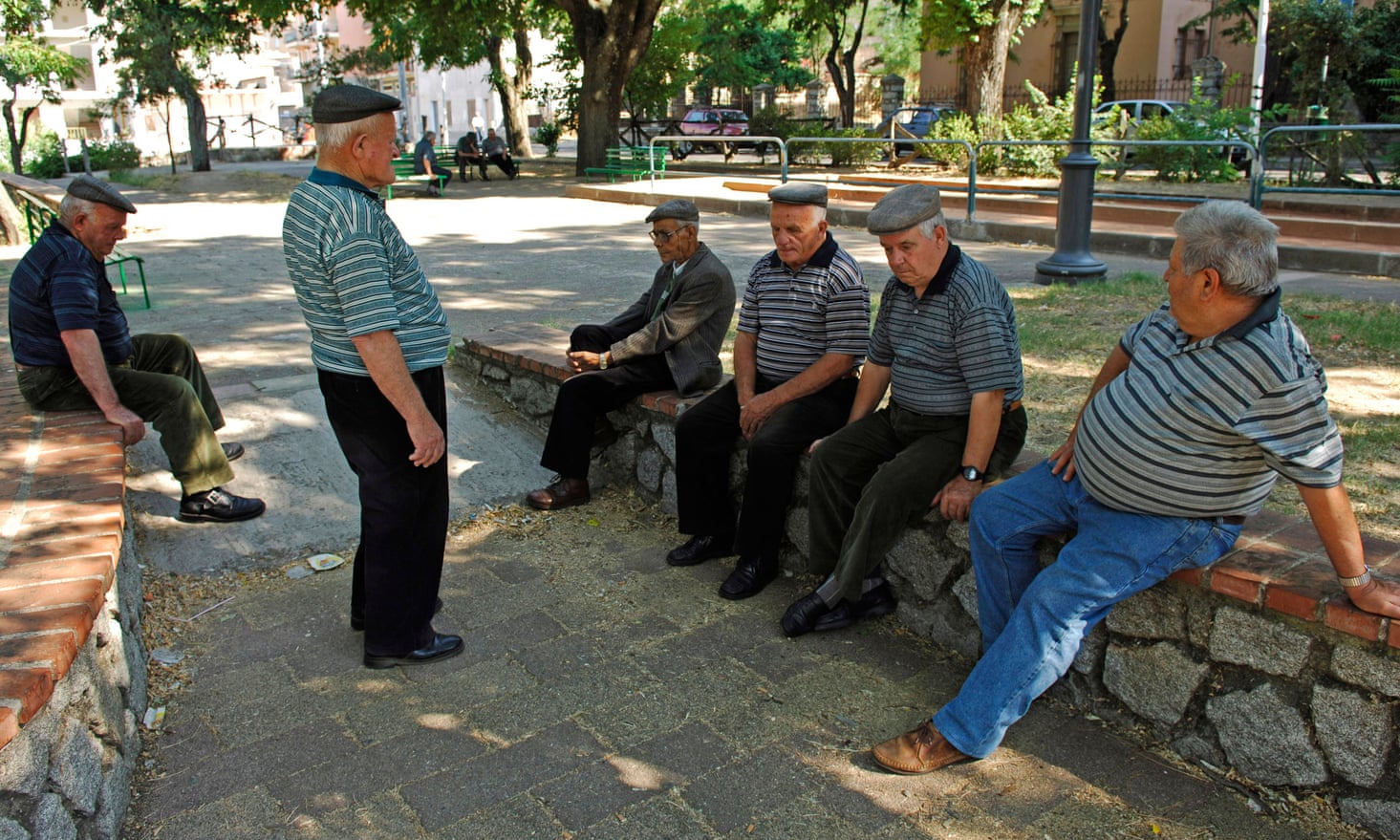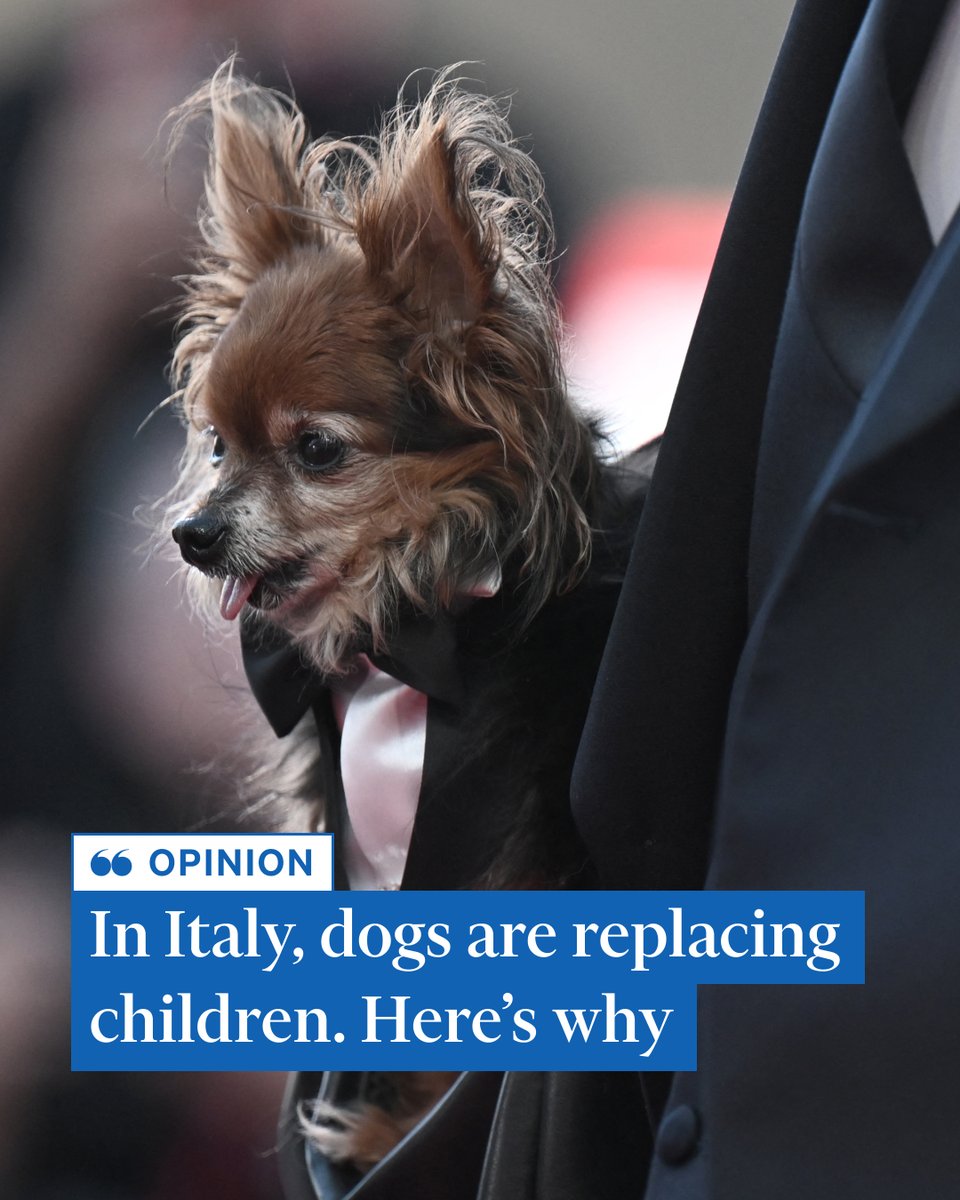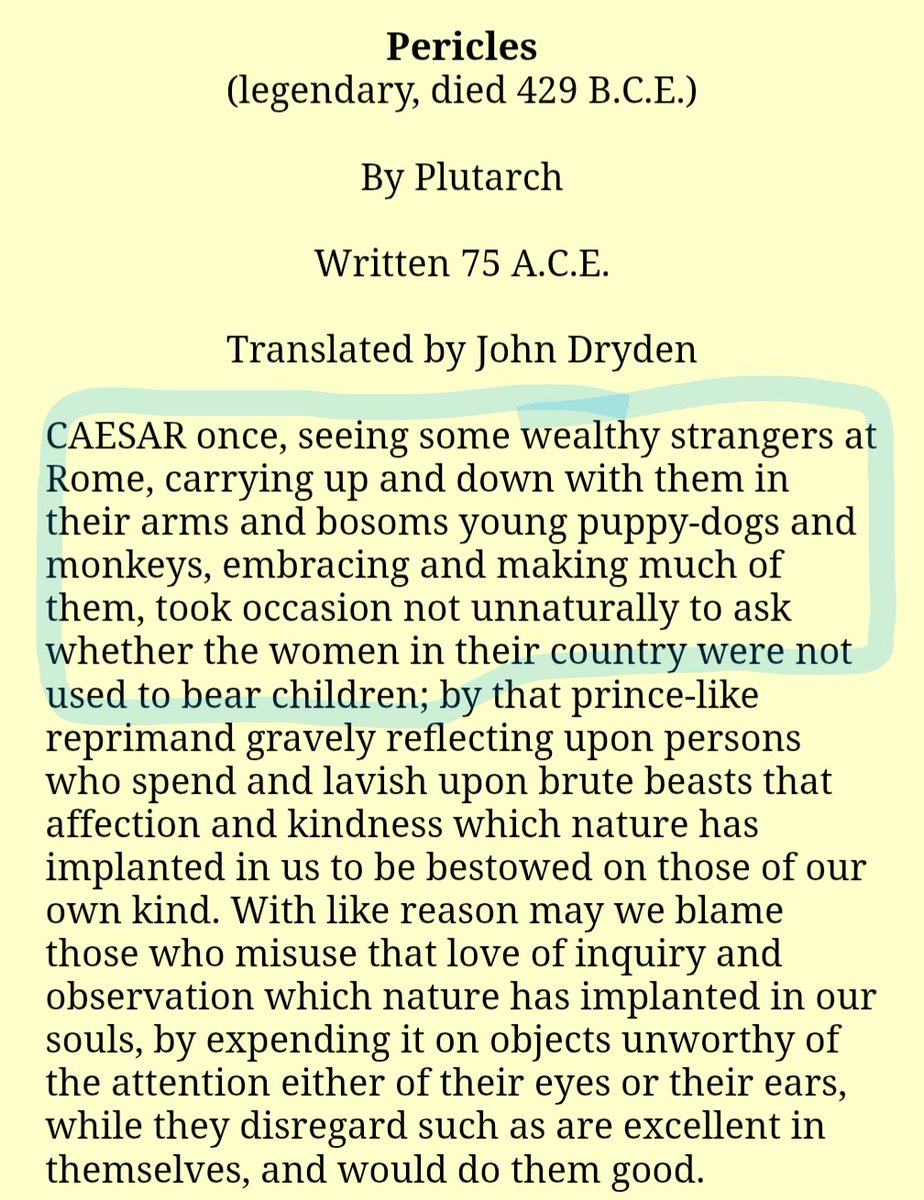
Boosting Italy’s birthrate has become a patriotic cause for the far right. But it’s an idea that’s doomed | Tobias Jones
With the country’s population tumbling, what Italy really needs is greater immigration, yet how could Giorgia Meloni sanction that, asks author Tobias Jones
Boosting Italy’s birthrate has become a patriotic cause for the far right. But it’s an idea that’s doomed
Tobias JonesWith the country’s population tumbling, what Italy really needs is greater immigration, yet how could Giorgia Meloni sanction that?
Wed 3 Jan 2024 02.00 EST
319

‘Elderly care isn’t necessarily a burden, but a business opportunity.’ Elderly men at a marketplace in Orgosolo, Sardinia, Italy. Photograph: imageBROKER/Alamy
Fifty years ago in Italy, there was one person over 65 for every child aged six or under. Just before Christmas, Italy’s national statistics office, Istat, revealed that the ratio is now 5.6 to 1. The population pyramid has been inverted, with 24% of the Italian population now over 65.
With the death rate rising every year, the Italian population decreases by around 180,000 people per annum. The population has just dipped below 59 million and if current trends continue it’s likely that by 2070 it will fall to 48 million.
One can clearly glimpse this ageing society with the naked eye. There are so many elderly men milling around Italian cities that the umarell phenomenon has become a meme: it’s an affectionate term for pensioners who, with hands behind backs, gather round building sites to watch the progress.
Meanwhile, the base of the population pyramid is ever slimmer. In 2022, there were only 392,500 births in the whole country and the fertility rate now stands at 1.25. In Sardinia the situation is even more marked, with a fertility rate of 0.95.
So schools are constantly closing around the country: 2,600 infant and junior schools have shut in the last nine years and it’s estimated that, within a decade, there will be a million and a half fewer pupils, meaning more closures. Many remote, rural villages are now ghost towns, filling up only during the long summer holidays.
In almost every statistic affecting fertility, Italy is now an outlier. The country holds the European record for the highest age of first-time mothers (31.4). That’s partly because an astonishing 70.5% of 18- to 34-year-old Italians are still living with their parents, an effective contraceptive if ever there was one.
The lack of births is also basic economics: according to the Organization for Security and Co-operation in Europe (OSCE), Italy is the only country where real wages actually declined between 1990 and 2020: the average gross salary of almost €27,000 (£23,500) is 12% below the European average and 23% below that of Germany. “There’s no way I could afford to have a child,” Chiara, a 32-year-old friend, told me.

‘The issue of the country’s demographic crisis is shooting up the political agenda because Giorgia Meloni’s nationalistic government sees in the birthrate – as did Benito Mussolini – a symbol of patriotic vigour.’ Meloni in Rome, 17 December 2023. Photograph: Alessandro Serran/Shutterstock
Such rock-bottom salaries mean that most aspiring parents both have to work, but in reality only 51.3% of working-age women in Italy are actually in employment (compared with more than 70% in Germany and the UK, and 68% in France).
Professor Arnstein Aassve, a Norwegian-born demographer at Milan’s Bocconi University, tells me: “There’s something that’s just not working in Italy: it’s as if young people can’t launch somehow.” He points to the fact that Italy has the second-highest proportion of 15- to 29-year-old “Neets” (those “not in education, employment or training”) in the European Union: 19%, compared to an EU-wide average of 11.7%. Meanwhile many of the most able, ambitious Italians have fled abroad for better opportunities: of the 5.8 million Italians who live overseas, 36.3% are under 34.
It has often been suggested that there are fewer births in Italy because, paradoxically, the family is so predominant. Given Italy’s wafer-thin welfare state provision, families are over-burdened by picking up the slack: constantly looking after parents or grandchildren, providing transport, daycare and housing solutions. It’s as if the duties to one family prevents the creation of another.
The issue of the country’s demographic crisis is shooting up the political agenda because Giorgia Meloni’s nationalistic government sees in the birthrate – as did Benito Mussolini – a symbol of patriotic vigour. In the past, she has often invoked a conspiracy theory (known as the “great replacement”) suggesting elites are deliberately replacing native, white Europeans, with immigrants. So for her, the birthrate is about racial survival. She has appointed an anti-abortion minister for family and attended rallies to raise the number of newborns to 500,000 per annum.
Mussolini introduced a punitive tax on bachelors, and Meloni has halved the VAT on nappies and baby milk. But nudging the masses to have families is notoriously difficult. And even if people do decide to have more children, those offspring only enter the workforce, and become taxpayers, two decades later.
There is a much quicker solution, often raised by Italian demographers, but it is politically problematic for a far-right government: immigration. Linda Laura Sabbadini, a director at Istat I spoke to, was adamant that it’s now the only answer. “We need migrants,” she said. “Only with more migrants of working age will the population grow immediately and guarantee the pension payments of a rapidly ageing population.”
Some, though, suggest Italy shouldn’t even be looking for a solution. FutuRes is an EU-funded research project challenging the familiar narrative that elderly people are a problem and that youth is the answer. Rather than attempting to reverse an inevitable societal trend, its team of demographers, economists and policy experts analyse the numbers to show that, say, the issue isn’t age but health, or that elderly care isn’t necessarily a burden, but a business opportunity.
After a century of failed birthrate policies, perhaps that’s the wisest course: to accept that the population pyramid is now inverted and draft policies that take account of that reality, rather than hope to reverse it.
- Tobias Jones lives in Parma. His most recent book is The Po: An Elegy for Italy’s Longest River




